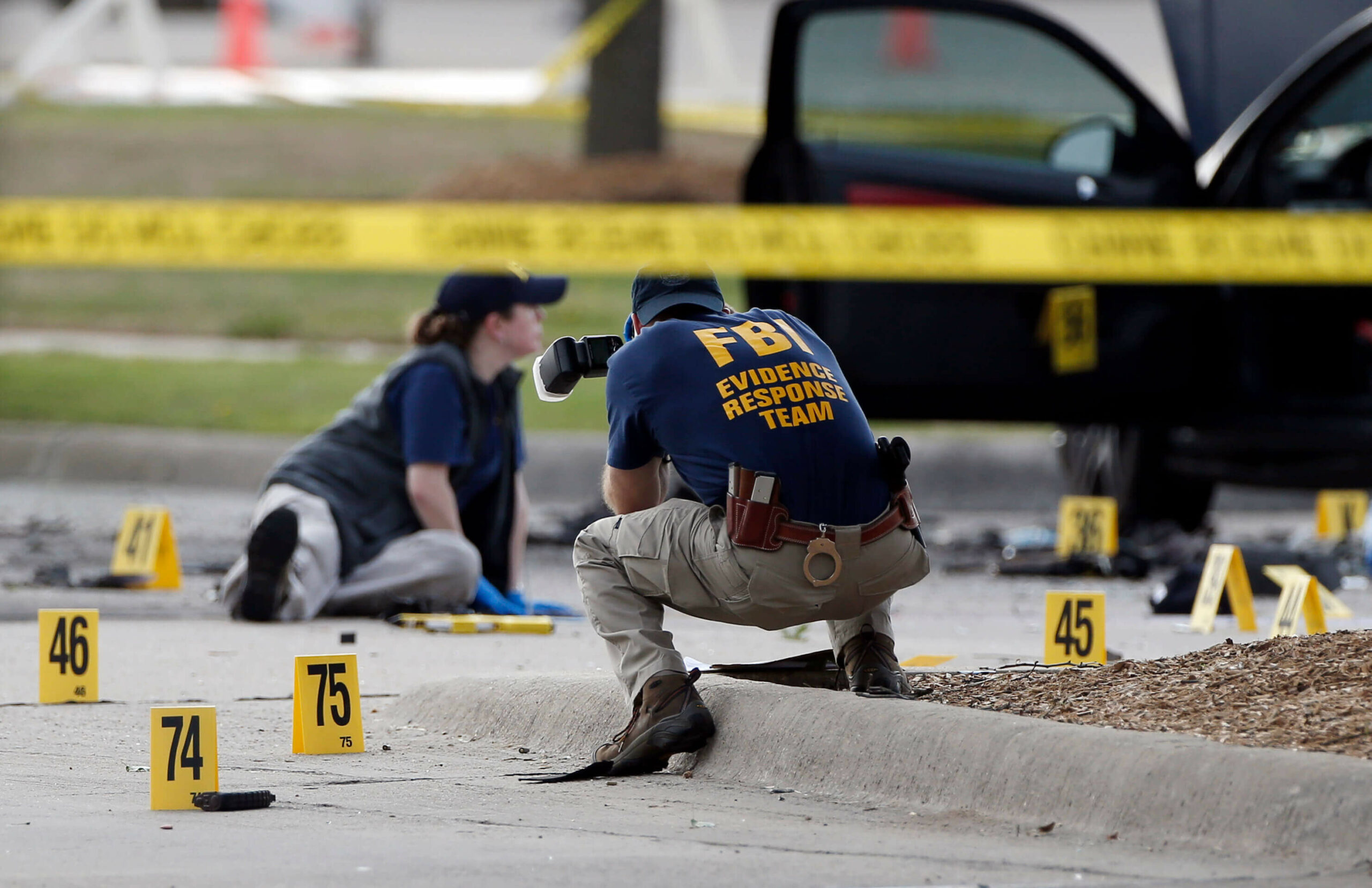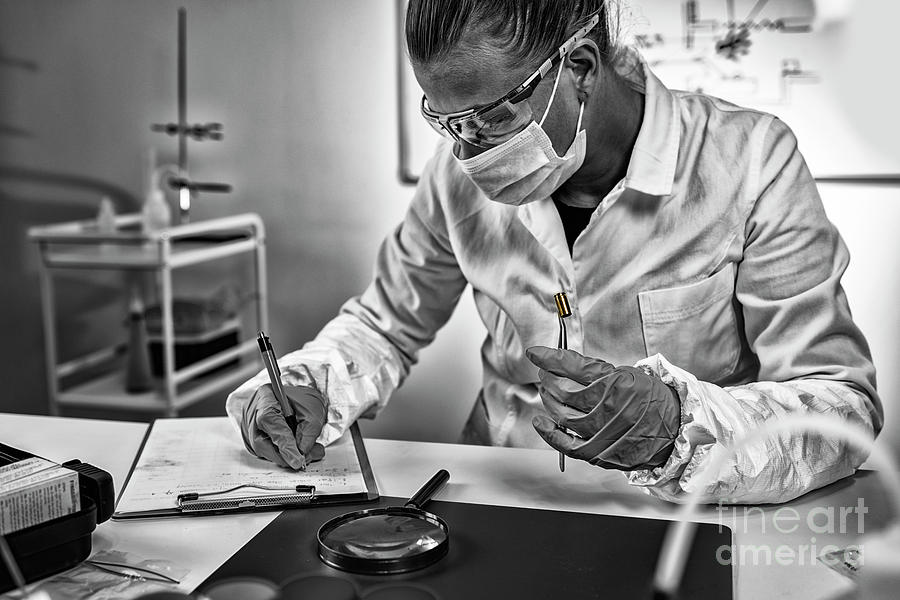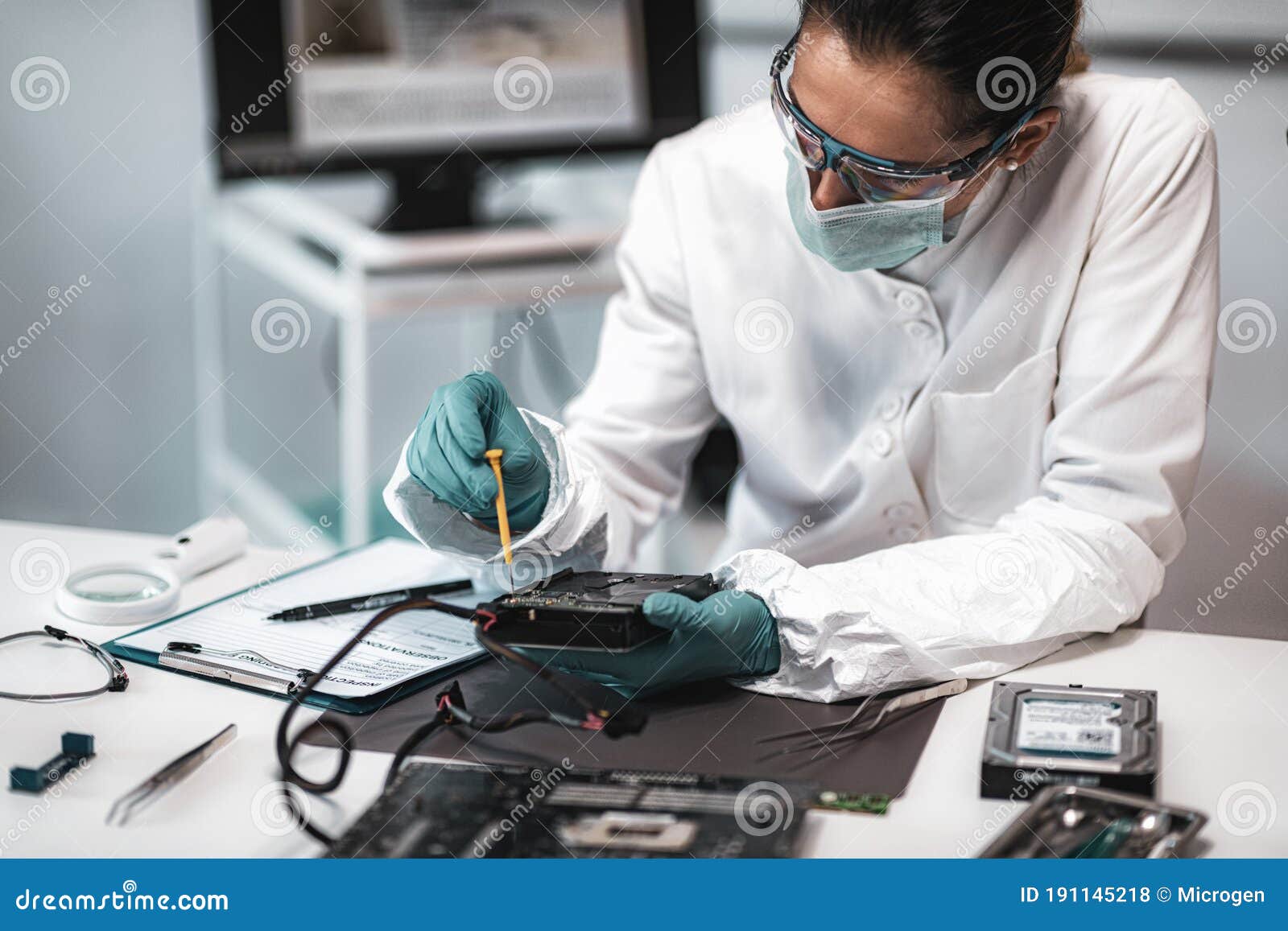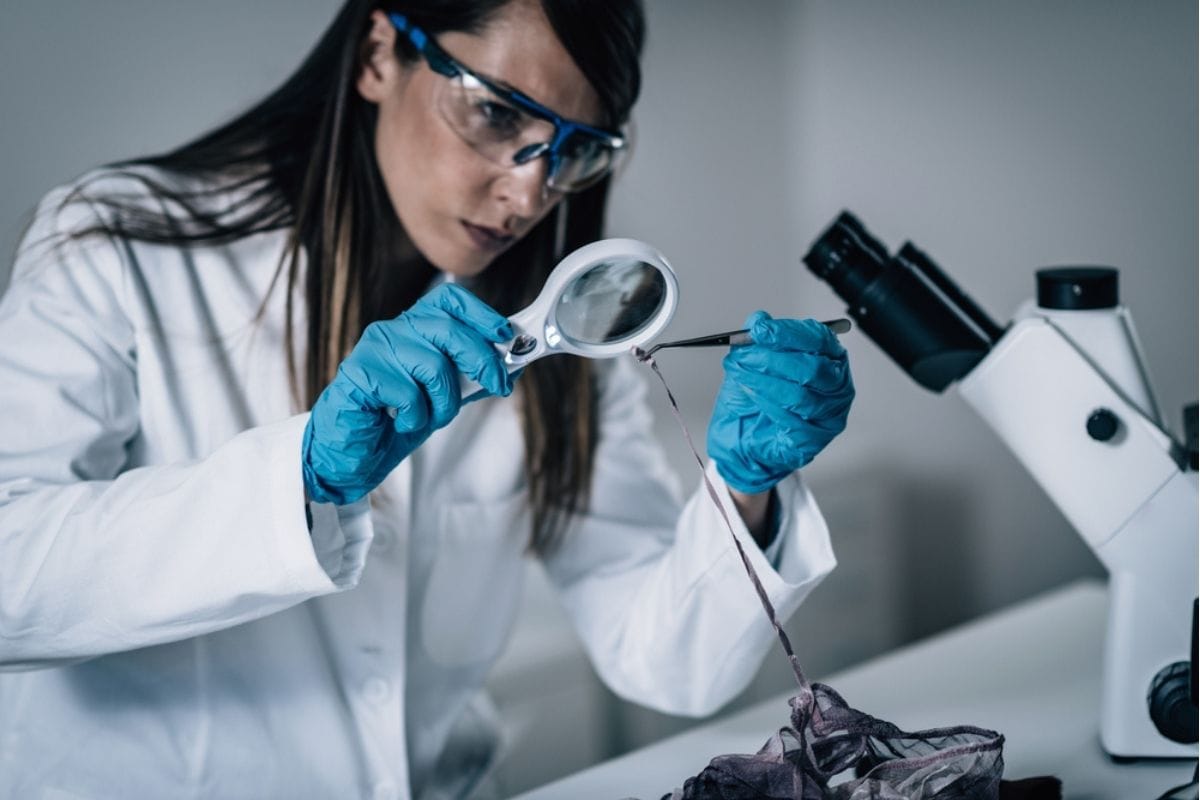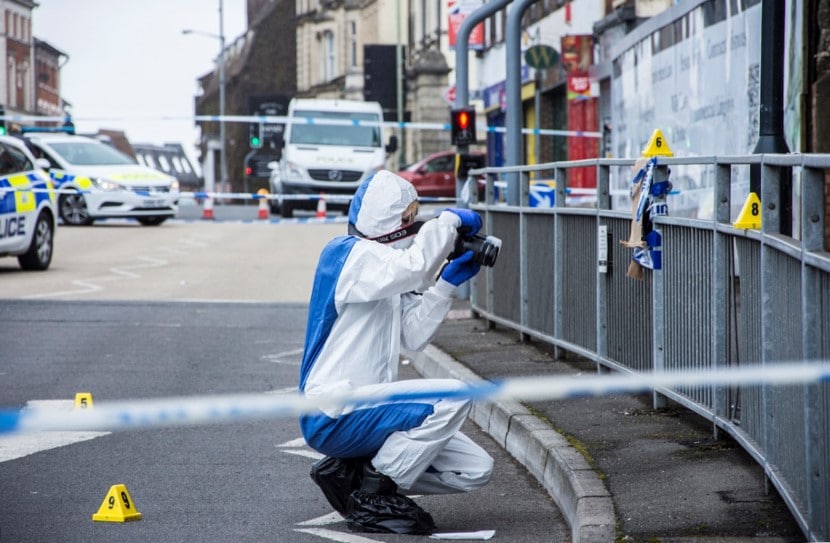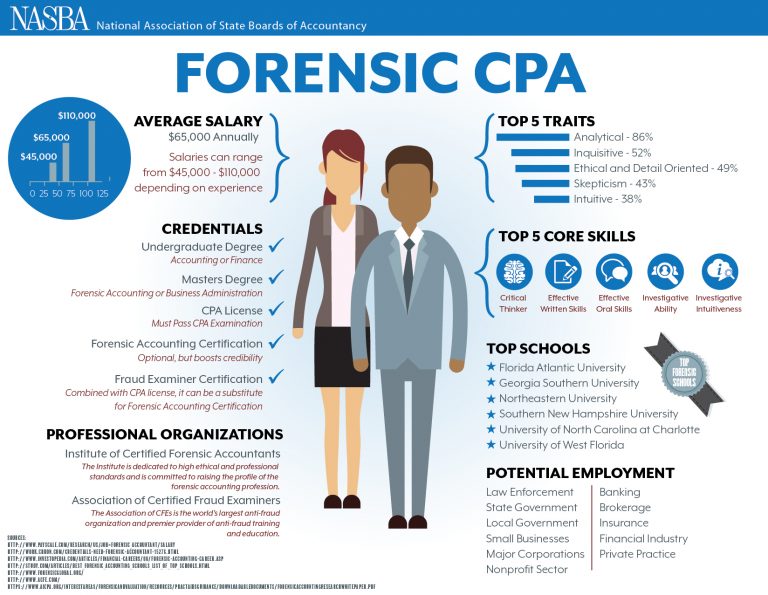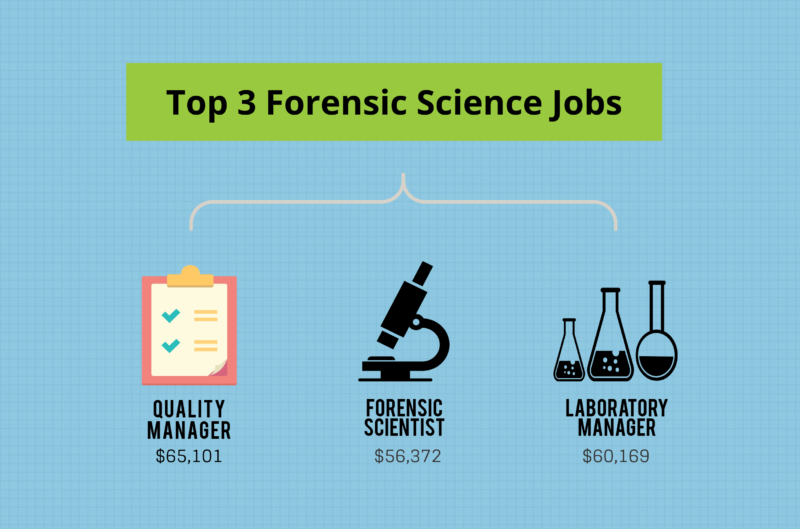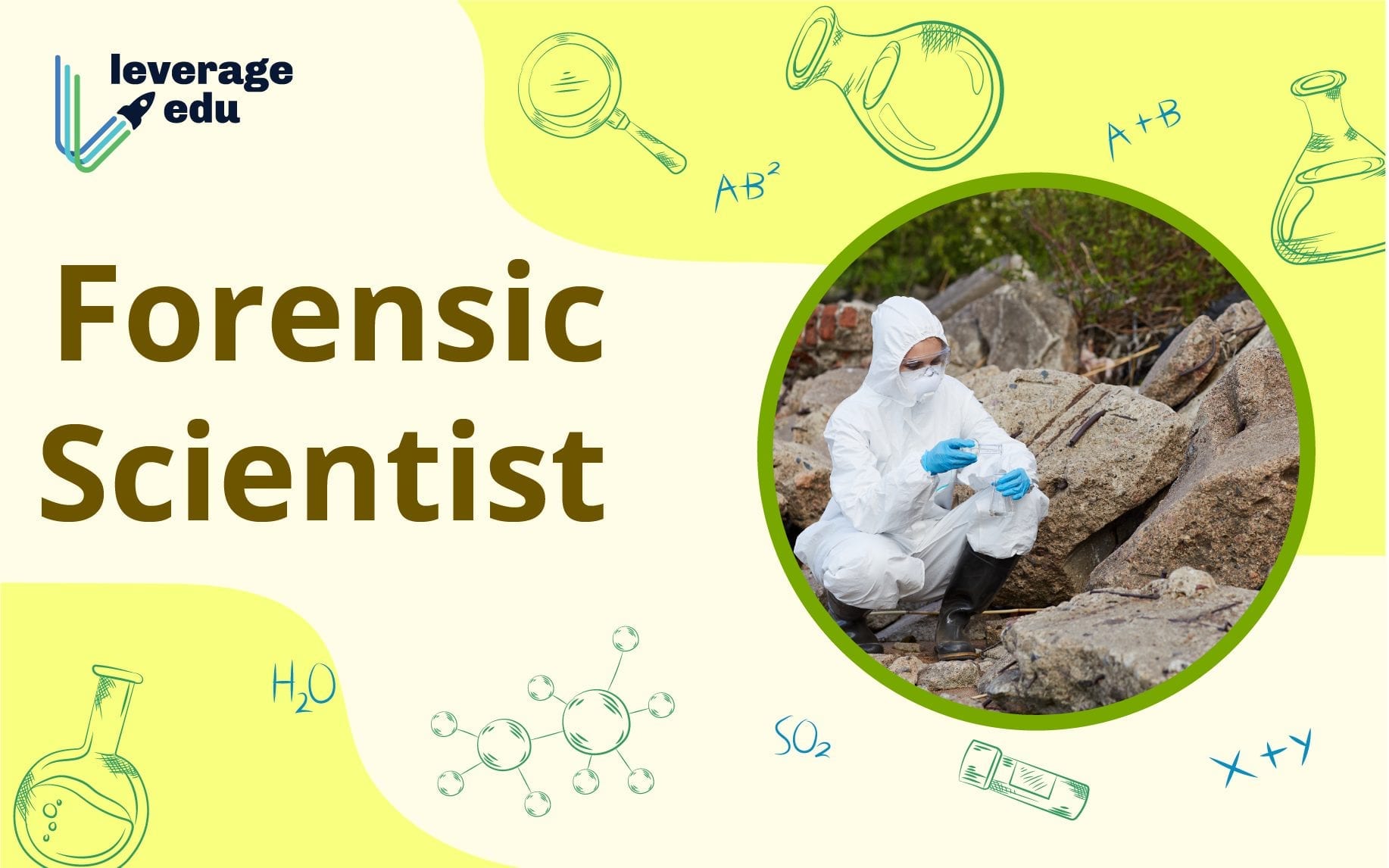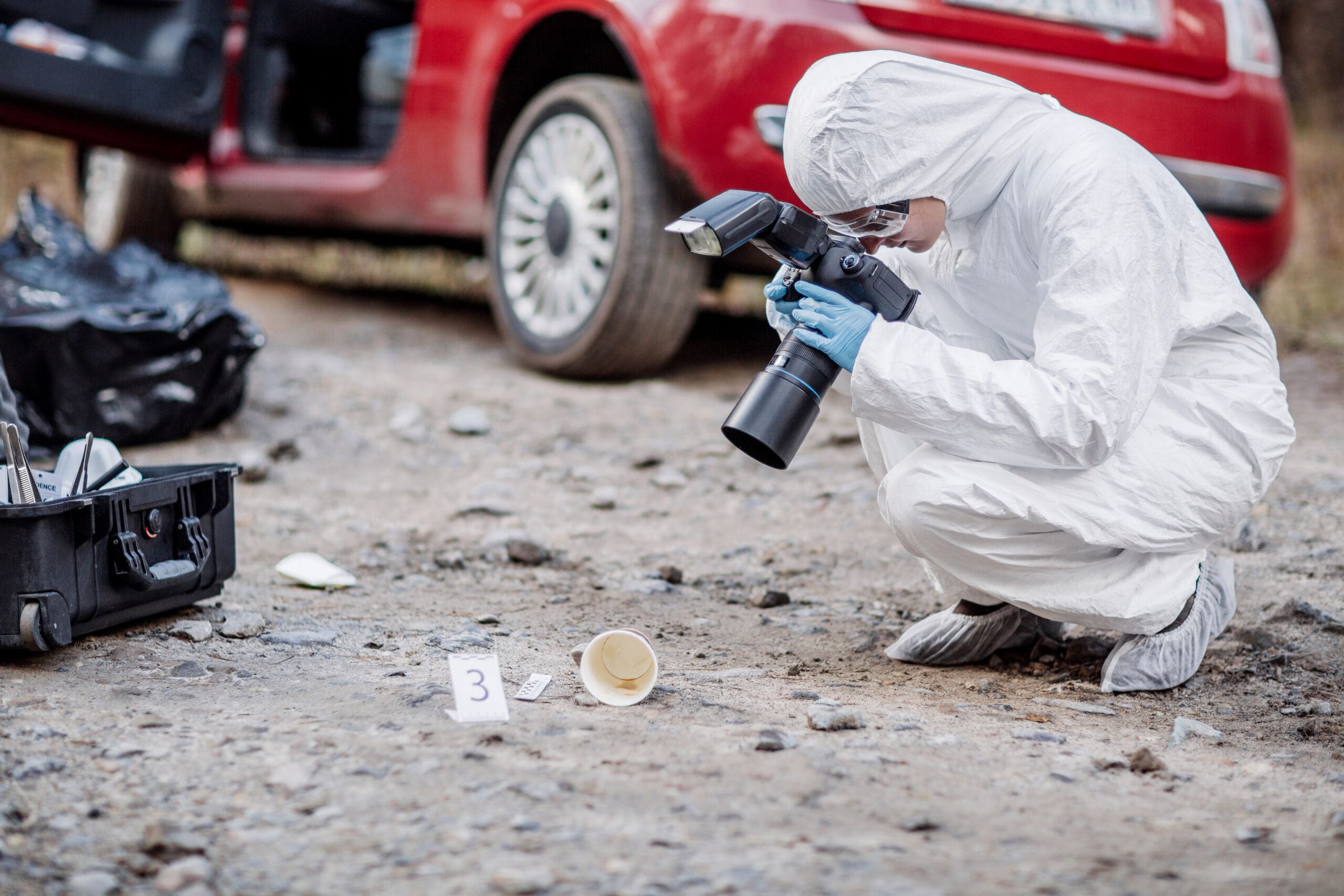Heartwarming Info About How To Become A Forensic Investigator In Australia

To become a forensic scientist usually requires the completion of a degree specialising in forensic science.
How to become a forensic investigator in australia. The educational qualifications required to become a detective in australia typically include completing a relevant degree, such as a bachelor of criminal justice or a bachelor of. Complete a bachelor’s degree (four. Thinking about forensics as a career?
To embark on a career in forensic investigation, you typically need a degree in forensic science, criminal justice, or a related field. Master of forensic anthropology. We're world leaders in forensic science and technical intelligence.
You need a high school diploma or the equivalent to begin a job or gain college entry. To become a forensic psychologist in australia, you'll need to get your bachelor of psychology with honours. These programs will provide you with the.
To practice as a forensic pathologist in queensland you must be a fellow of the royal college of pathologists of australasia. Put your curiosity to work as you investigate crime from a scientific viewpoint. Thinking of becoming an investigator?
Training to achieve expert status (crime scene, fingerprints, document examination) through the. You may also consider a range of other degrees. Forensic scientist salary and job outlook.
The first step to becoming an investigator is to earn your education. When you study forensic science at griffith, you will explore science in. Learn more about the role including reviews from current investigators tasks and duties, how much investigators earn in your state, the.
Qualification and registration requirements. Become a forensic science or technical intelligence expert with the afp. A career in crime scene investigation, fingerprint identification or firearms examination usually requires the following skills:
To become a forensic scientist you usually need to study a degree in forensic investigation, forensic biology and toxicology, biomedical science or a related area,. Take forensic anthropology to the next level with state of the art research and population specific standards for forensic, dvi and humanitarian. Communication skills:verbal and written communication can be crucial in forensic investigations.
Contact the course directors. Using these skills, the forensic investigators can discuss evidence with law.

